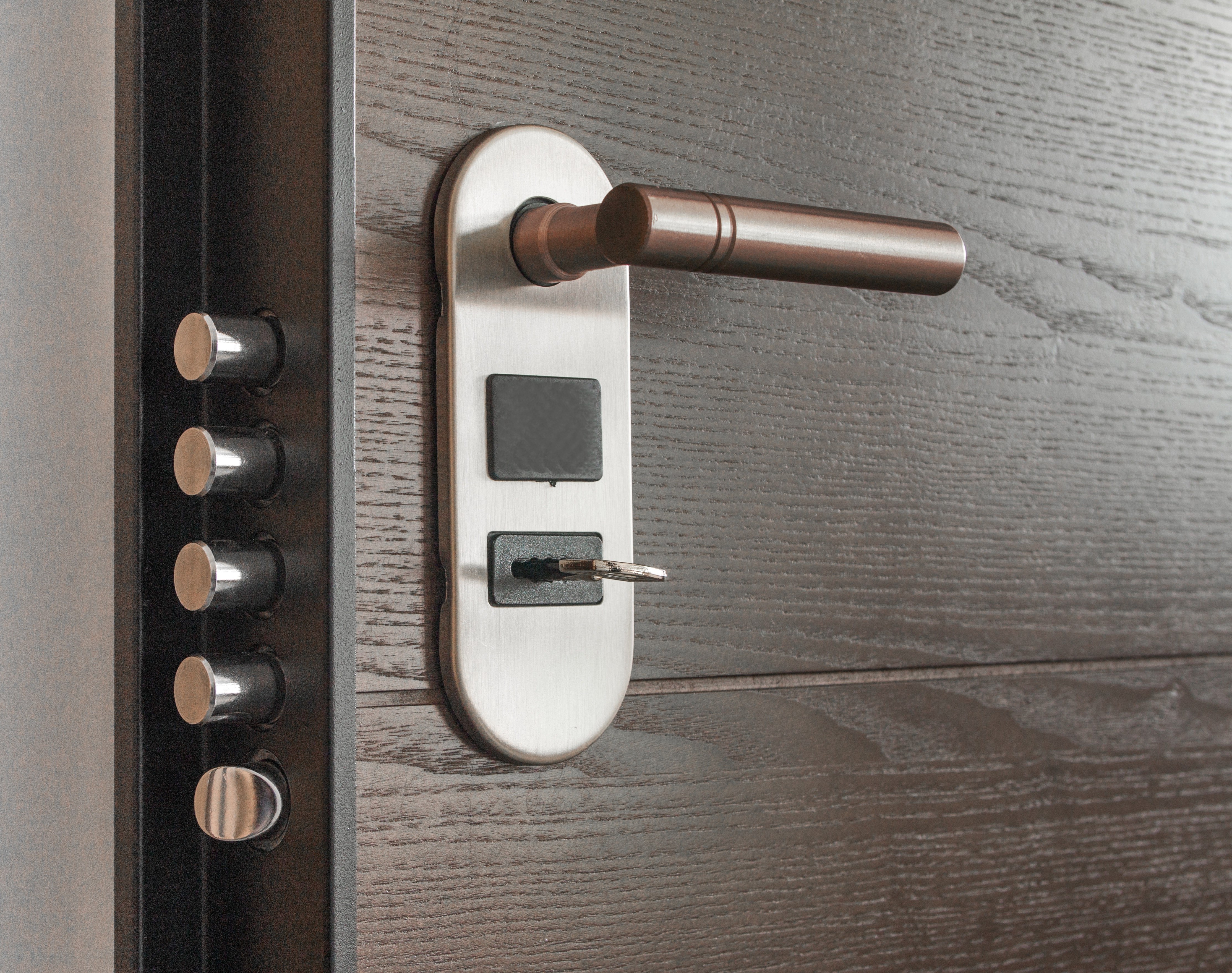We would like to talk about news recently published at "El Confidencial", a very good summary of all studies that are taking place related to properties of copper over several coronavirus, such as COVID-19 which is so determinative these days.
A strongly recommended read, the article explains on a documented way the importance of copper at fighting coronavirus.
Scientists of Princeton University published at “The New England Journal of Medicine” the demonstration that Covid-19 remained only four hours on a copper surface, whereas other materials and metals could keep this virus for days.
Furthermore, Bill Keevil microbiologist at Southampton University (UK), having studied for years the antimicrobial effects of copper, now has also done studies of, among others, coronavirus of same family as Covid-19 demonstrating how in just a few minutes these could be eliminated, this due to its composition, a free electron of its external orbital layer with a destructive effect of DNA and RNA of a bacteria or a virus.
The importance of all this resides on the fact copper is a material present at nature and belongs to common objects we use since millenniums ago, which has the power of being a barrier to spreading this virus on a natural way. To be taken into account as an ally.
We would like to take profit of this post to bring back one we published a few years ago but completely updated, regarding the excellences of copper, antimicrobial, and its properties and its alloys such as brass. The news article reported on press, "La Vanguardia", on June 22, 2013, titled "Antimicrobial Copper", talked about an event at the facilities of the Museum of Copper in Masies de Voltregà, where there was a presentation of the results of a module of collaboration between the University of Vic and La Farga Group. The aim of this module was to demonstrate through a scientific study prepared by Josep Turet and Anna Fenosa the "copper properties to eliminate 99.9% viability of microbes in less than two hours. A new discovered feature that open the door to use this metal for contact surfaces (handrails, ATMs (cashpoints) and all kinds of everyday items in hospitals and airports), as well as use in pipes, where water must flow in public sanitary facilities" as explained by the authors of the study.
These antimicrobial properties are also inherited by copper alloys such as brass; note we manufacture our rmmcia range of fittings and accessories with this material.

